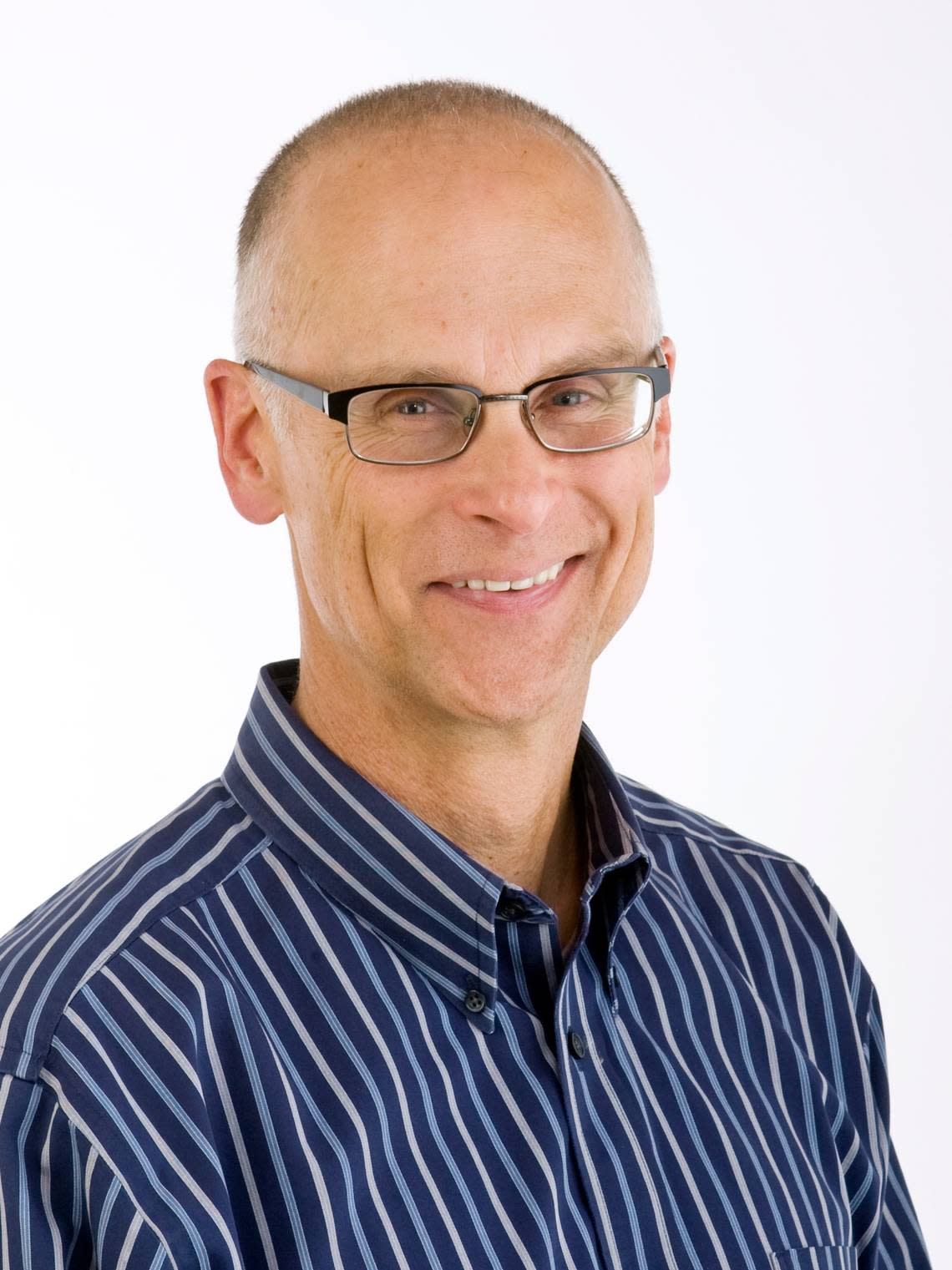Racist denigration of César Chávez is behind a Fresno lawsuit over street signs | Opinion
César Chávez was one of America’s foremost civil-rights leaders who fought to secure better pay and working conditions for farm workers — many of them here in the San Joaquin Valley.
But that historical truth certainly does not emerge in a lawsuit filed against Fresno over the City Council’s renaming of three roadways after the Latino icon.
Instead, the suit dredges up tired, negative images of Chávez: “Cesar Chavez was very divisive, alienated many farmers, packing houses and grocery stores and retaliated against those who did not join his union.”
Street renaming has nothing to do with farming or worker unionization, which Chávez helped organize through the United Farm Workers. Indeed, the references to Chávez in the suit are all negative. Why the focus on him?
For the record, Chávez is an American hero who inspired badly needed reforms in how farm workers are treated. He did so by using nonviolent means, like hunger strikes, boycotts and marches.
That is just one aspect of the lawsuit that I found objectionable. There’s more.
César Chávez Boulevard
The background to the controversy is this:
In March the City Council, on a 6-1 vote, approved renaming a 10-mile stretch of Kings Canyon Road, Ventura Street and California Avenue as César Chávez Boulevard.
Those roads were identified by the council first in 1993, which tried to rename them after Chávez died that year. A backlash led a council member to rescind his support and the effort died.
Latino residents active with the 1993 campaign are now older, and Councilmember Miguel Arias said some of them have passed way. The current council wanted to bring back the renaming before any other residents died, so they could see their earlier efforts were not in vain.
As in 1993, however, the issue is not without debate. Business owners on the affected roadways decried the cost to create stationery with their new addresses. Other residents spoke to the historic value of the current roads, especially Kings Canyon.
A third perspective, that of Black residents in west Fresno, was also raised. The Rev. B.T. Lewis of Rising Star Missionary Baptist Church decried the loss of California Avenue, which he said held special meaning to many African American families whose children attended Edison High School, which is on California.
These points are referenced in the lawsuit as reasons to keep the roadways from being renamed. But framing a lawsuit with anti-Chávez messaging evokes the ethnic animus that he stirred when he stood up to influential San Joaquin Valley growers. To this day, some who were opposed to Chávez’s work of championing the rights of mostly Mexican workers will — sooner or later — describe him with ethnic slurs. This lawsuit hearkens to that treatment.
Chávez is revered
Chávez is revered by more than just Latinos. Many in the labor movement find his nonviolent methods to be exemplary. President Biden has a bust of Chávez in the Oval Office. Chávez inspired generations of Latinos and non-Latinos to be active in politics, in their communities and on their school boards.
Fresno’s Latino population is 50% of the city’s 545,000 residents, so naming a stretch of roads after Chávez makes sense. One could argue that the council would be derelict in its duty if it did not make such renaming. The city’s Latino majority weighed significantly in The Bee Editorial Board’s backing the change.
The lawsuit also argues that the renaming violates the California Environmental Quality Act and should have undergone review. Projects get CEQA review when they “could result in an adverse change to the environment.” Renaming streets doesn’t do that.
It is also a reach to claim, as the suit does, that residents and businesses on the affected roadways will be “forced to proclaim that city message on numerous documents and signage and voicing that name change.” In other words, having to write or say “César Chávez Boulevard” will somehow promote the council’s political message of honoring the civil-rights leader.
The suit also says the roadways are historic and the renaming should have had review by Fresno’s Historic Preservation Committee. But roads are not in the same historic context as an old theater or hall.
Arias pointed out two more ironies to me:
The very first UFW meeting Chávez attended was at the now-gone Edison Social Hall, which was located on California Avenue.
In addition, the lawyer bringing the Chávez case is the same who is suing state and federal officials for Fresno County supervisors over the renaming of Squaw Valley to Yokuts Valley. In that case, the argument is that local control should matter. Yet when the Fresno council acts to rename some streets, the same attorney argues against local control.
The litigation is predictable but unfortunate. Taxpayer money will be spent to defend the city. A judge will decide if the council conducted enough public outreach before taking its vote, another point of contention.
So, this issue remains unresolved, and for now, the new street signs remain packed away. Sadly, ethnic animosity dies hard in Fresno, and now it flares anew.


